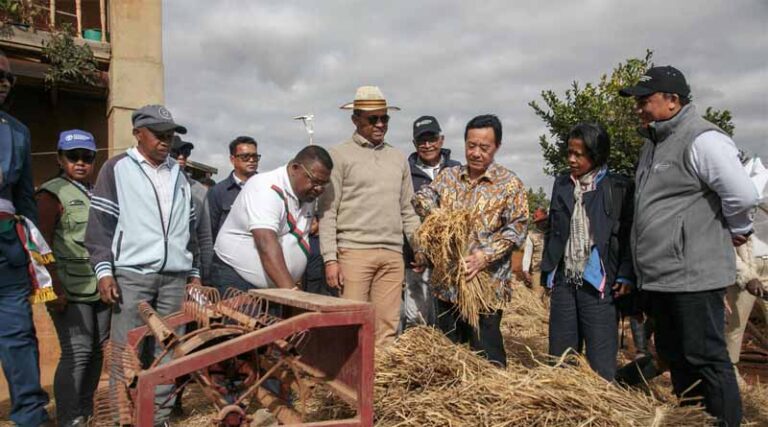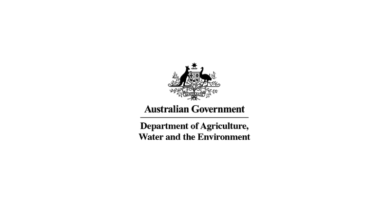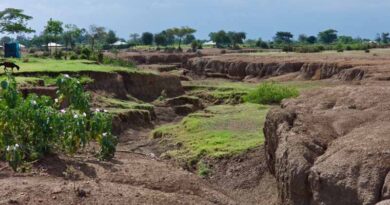
In Madagascar, FAO’s Director-general Highlights Inclusive Aquaculture And Climate-resilient Rice Farming
29 July 2025, Madagascar: During his visit to Madagascar, FAO Director-General QU Dongyu visited several field sites showcasing the country’s efforts to build more inclusive and climate-resilient agrifood systems. These initiatives reflect years of collaboration between FAO, national authorities, local cooperatives, and the private sector.
Inclusive aquaculture for rural livelihoods
The Director-General visited a cage fish farming facility operated by Royal Tilapia. This aquaculture company emerged from an FAO-supported pilot and has since developed into a fully professional operation, supported by the Ministry of Fisheries and Blue Economy.
The company partners with 40 cooperative associations, providing fingerlings and organic feed, and purchasing harvested fish through a profit-sharing model. The initiative has generated employment, strengthened local food systems, and serves as a reference for inclusive, climate-smart aquaculture.
Cooperative to boost rice production
The Director-General also visited a 70-hectare rice production site managed by a cooperative of five farmer associations, bringing together approximately 300 farming households, two-thirds of whom are women. This cooperative is under the umbrella of the initiative Papriz, set up by the Ministry of Agriculture and Livestock and supported by JICA, mainly aims to strengthen food security in Madagascar by improving the rice value chain. Currently in its third phase, this strategic project aims to promote the industrialization of the rice sector.
Farming activities at the site are organized through valin-tanana, a traditional mutual aid system where producers work together in rotation on each other’s fields. Each household cultivates its plot, and rice is stored collectively in a community granary and sold during the lean season.
Women-led rice innovation
At a hybrid rice production site in Mahitsy municipality, managed by Yuan’s Hybrid Rice Company, the Director-General observed a successful model of public–private collaboration supported by the FAO South–South Cooperation (SSC) Programme (2018–2022), funded by China. Although the company had launched hybrid rice activities before the programme, FAO’s technical assistance significantly expanded its reach, promoted the technology’s economic potential, and drove widespread adoption at the community level.
The project directly benefited over 1,000 rice growers—59 percent of them women—and introduced hybrid rice varieties through demonstration plots and tailored training. Yuan’s company continues to support participating farmers with inputs on credit and technical guidance, contributing to sustained productivity and improved market access.
Cultural engagement at the Queen’s Palace
Accompanied by the Minister of Agriculture and Livestock, the Director-General also visited the Palais de la Reine (Queen’s Palace), a historic site and museum that reflects Madagascar’s rich cultural heritage. The visit underscored the importance of cultural identity and historical continuity in the country’s sustainable development journey.
The visit to Madagascar is part of the Director-General’s broader mission to Africa, which has already included stops in Sierra Leone and Uganda and will conclude in Ethiopia.
📢 If You’re in Agriculture, Make Sure the Right People Hear Your Story.
From product launches to strategic announcements, Global Agriculture offers unmatched visibility across international agri-business markets. Connect with us at pr@global-agriculture.com to explore editorial and advertising opportunities that reach the right audience, worldwide.






